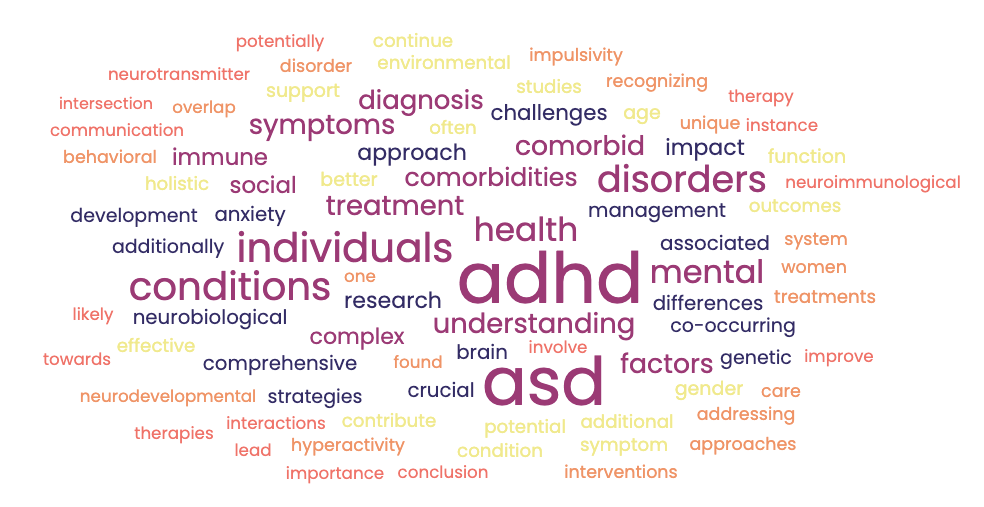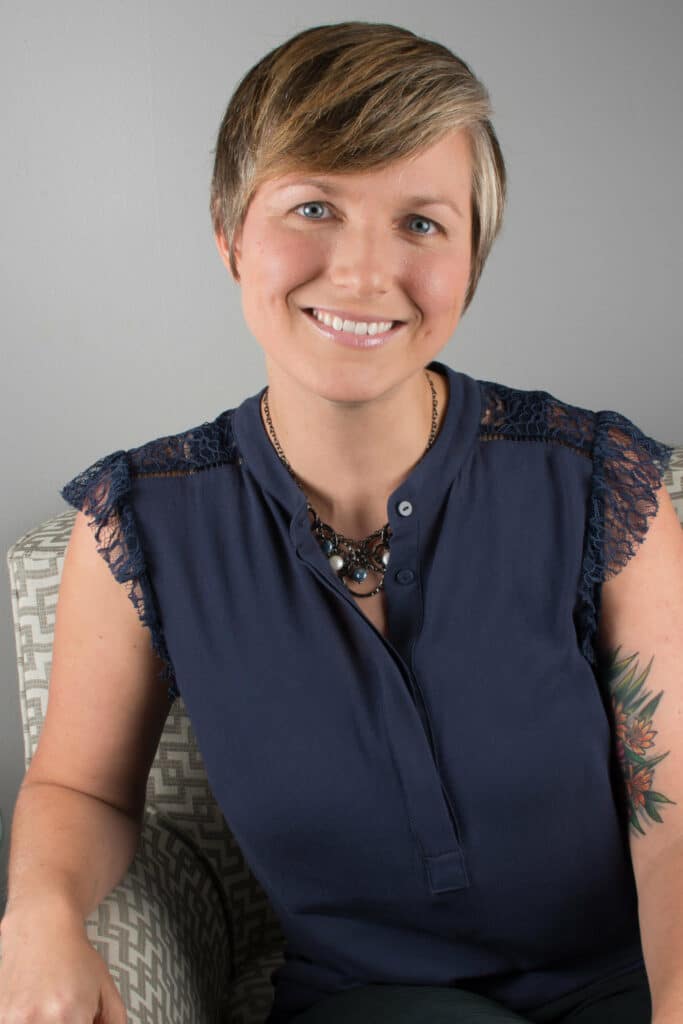There are myriad reasons why people make the decision to pursue therapy. Some individuals want to explore recurring patterns in their lives. They may find themselves making the same mistakes or ending up in situations where they feel chronically dissatisfied and unfulfilled. Others may be searching for clarity or closure on an issue, desiring increased insight and self-awareness, or simply seeking a safe place to process their thoughts and emotions. Some folks may notice that they are not coping well with life’s stressors, such that they are consuming more alcohol than usual, using substances, or avoiding situations or people. Impairment in sleeping and eating habits, frequent conflicts with loved ones, decreased motivation to perform work and household tasks, and a sense of isolation may also be signs that professional support can be helpful. Seeking counseling may be about obtaining feedback about how one is doing and preemptively gaining support before reaching “rock bottom” (one’s subjectively lowest point).
The decision to begin the challenging, yet often rewarding process of psychotherapy can be a difficult one. It is normal to feel uncertain and to experience mixed emotions. This is known as ambivalence, which Merriam-Webster defines as: “simultaneous and contradictory attitudes or feelings (as attraction and repulsion) toward an object, person, or action.” As per Dr. Derek Lee, ambivalence is often characterized by uncertainty, indecision, and fear; he states, “it is a tension between opposing beliefs, feelings or behaviors.” He indicates that our motivation to pursue action may change depending on our complex and sometimes conflicting needs and priorities at a given moment. Rollnick, Miller, and Butler agree that competing motivations—“to simultaneously want and not want [change] are normal and common” (2008). Ambivalence may manifest as simultaneously wanting to lose weight, but hating exercise/diets or wanting to quit smoking/drinking alcohol for the personal health benefits, but needing the stress relief it provides.
The prospect of change can be exhilarating, while terrifying and overwhelming all at once. There may be a comfort in the familiar and a tendency to stay in the exact same situation, even when it is clearly dysfunctional or unhealthy. One need not hit “rock bottom” in order to decide that it may be helpful to seek the services of a mental health professional. If you recognize that something needs to change, but do not know what or how to make the change, you may benefit from professional counseling services. Perhaps you know that you are miserable in a relationship, job, or otherwise, but you cannot figure out how to resolve this dilemma or there is a discrepancy between your current self-perception and how you wish to see yourself. You might have a hard time identifying goals or overcoming the obstacles (i.e., low motivation/energy, poor organization) to achieving them.
Why is change in your life necessary and important? Achieving self-growth and actualizing one’s goals can be empowering and improve our sense of self-confidence and agency that we CAN achieve and are in control of our lives. The capacity to change demonstrates mental flexibility, which is believed to be a sign of emotional health and well-being (Ebberwein, 2010). Sometimes it can be helpful to stir things up in a positive direction. If you decide to pursue therapy, remember that you are not necessarily making a lifelong commitment. Try framing therapy as an opportunity to try something new. Imagine what you can learn about yourself! Of course, along with all the potential benefits of therapy, there are some intrinsic risks as well. Learning about yourself may be helpful in the long run, but it may also illuminate aspects of your personality or ingrained behavioral patterns that are not congruent with how you would like to see yourself, thus, potentially causing some temporary distress as you figure out how to reconcile this discrepancy.
These are some questions/issues to consider when making the decision to pursue therapy:
1) What are your expectations of therapy? Clarify any misconceptions and get more information as needed.
2) Consider your goals and what you hope to get out of counseling. This may be a collaborative process between you and your therapist, who may facilitate the development of realistic, achievable goals.
3) What are you willing/able to afford on a weekly basis? Will you be using insurance or paying for services out-of-pocket?
4) Does your health insurance cover mental health (also called “behavioral health”) services? What is your co-payment and deductible? The therapist’s office should be able to assist you in obtaining this information if you have difficulty.
5) Consider the pros and cons of starting therapy. Pros may include: having an outlet to share concerns with an objective third party, working with a professional toward personal goals, learning new coping skills, becoming aware of patterns that may not have previously been clear. Meanwhile, cons may include: actively confronting the thoughts and feelings you may have been avoiding or repressing, in addition to investing time, financial resources, and energy “doing the work” required to effect desired changes.
6) What are the motivating factors pushing you to seek help (i.e., what do you want to be different)? What values are perhaps incongruent with your current behaviors (i.e., you value health and quality of life, yet cannot seem to quit smoking)?
7) What is your availability and willingness to commit to therapy, even for a trial period?
8) Conduct research online to find a therapist who is both qualified and seems to be a good fit for your needs. Consider someone’s credentials and training relative to the problems you are hoping to address (i.e., a life coach may be suitable for certain concerns, whereas someone with a master’s or doctoral-level education may be better equipped to help you through more complex mental health or relationship issues). Do you want someone who specializes in a particular area (i.e., weight loss, medical illness, couple’s work, grief counseling, relationship concerns, LGBTQ issues)? Do you feel more comfortable speaking with a counselor of a particular gender, someone who is younger or more senior in the field, someone who shares a similar cultural background or speaks your native language? You may contact your insurance company for referrals and/or find referrals for local providers through comprehensive websites such as Psychology Today.
There is no right or wrong decision about whether to pursue therapy. Consider the above to determine if it is the “right” choice for you at this time.
REFERENCES
Ebberwein, C. (2010, May). Practicing Flexibility for Good Mental Health. Retrieved September 08, 2016, from http://www.yourmindyourbody.org/practicing-flexibility-for-good-mental-health/
Lee, D. (n.d.). Ambivalence in Therapy: Exploration & Resolution. Retrieved September 8, 2016, from http://www.psychodelights.com/pdfs/ambivalence1.pdf
Rollnick, S., Miller, W.R., & Butler, C. (2008). Motivational interviewing in health care: Helping patients change behavior. New York: Guilford Press.








